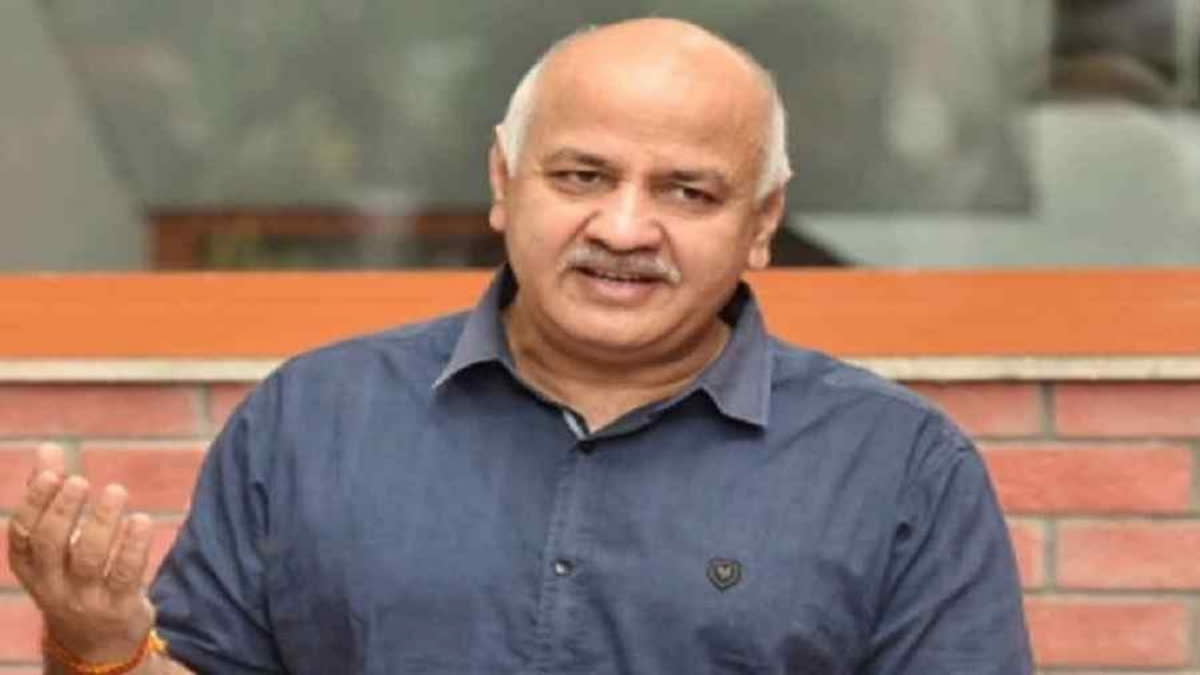New Delhi:In a setback for former Delhi Deputy Chief Minister (DYCM) Manish Sisodia, the Supreme Court (SC) disposed of his bail pleas after recording the statements of Enforcement Directorate (ED) and Central Bureau of Investigation (CBI) that the agencies will file their final charge sheets by July 3.
However, the SC said that Sisodia can revive his bail pleas after ED and CBI file their final prosecution complaint and charge sheet in the cases involving alleged corruption and money laundering. Sisodia was arrested in connection with the alleged Delhi liquor policy scam.
A vacation bench comprising justices Aravind Kumar and Sandeep Mehta queried Solicitor General Tushar Mehta, representing the ED, about when the process of filing chargesheet in the matter will be completed so that the trial can commence?
“We are posing you a question, a pertinent answer is required, whether you are done with your investigation. Whether you will not be filling any supplementary chargesheets? As long as long chargsheets continued to be filed there is no possibility of commencement of trial. whether as per agency investigation is complete qua all accused”, the bench queried Mehta. Mehta said that the central agency will file a final chargesheet within 2 weeks and the court may direct a day-to-day trial.
Senior advocate Abhishek Manu Singhvi, representing Sisodia, at the outset, argued that his client has been in custody for 15 months now, and the apex court, while dismissing his bail pleas last year, had said that Sisodia could file a fresh bail plea if the trial proceeds slowly. Singhvi argued that the sixth and seventh supplementary chargesheets were filed two weeks ago and the investigation has not been completed so far.
Citing the order passed by the apex court, last year, the bench queried Mehta, if the trial proceeds slowly he could move the court for bail and “prima facie it shows that there no delay (in connection with the trial) from petitioner’s side….when will trial commence”. The bench observed that in cases of this nature the delay may not be caused by either accused or prosecution, or even by court proceedings but due to sheer volume of evidence, the delay may be inevitable. “In that situation, matters relating to liberty, how should it be dealt with?”, the bench asked Mehta. Mehta argued that Sisodia was protracting the trial and then he was blaming that trial was proceeding at snail's pace.
